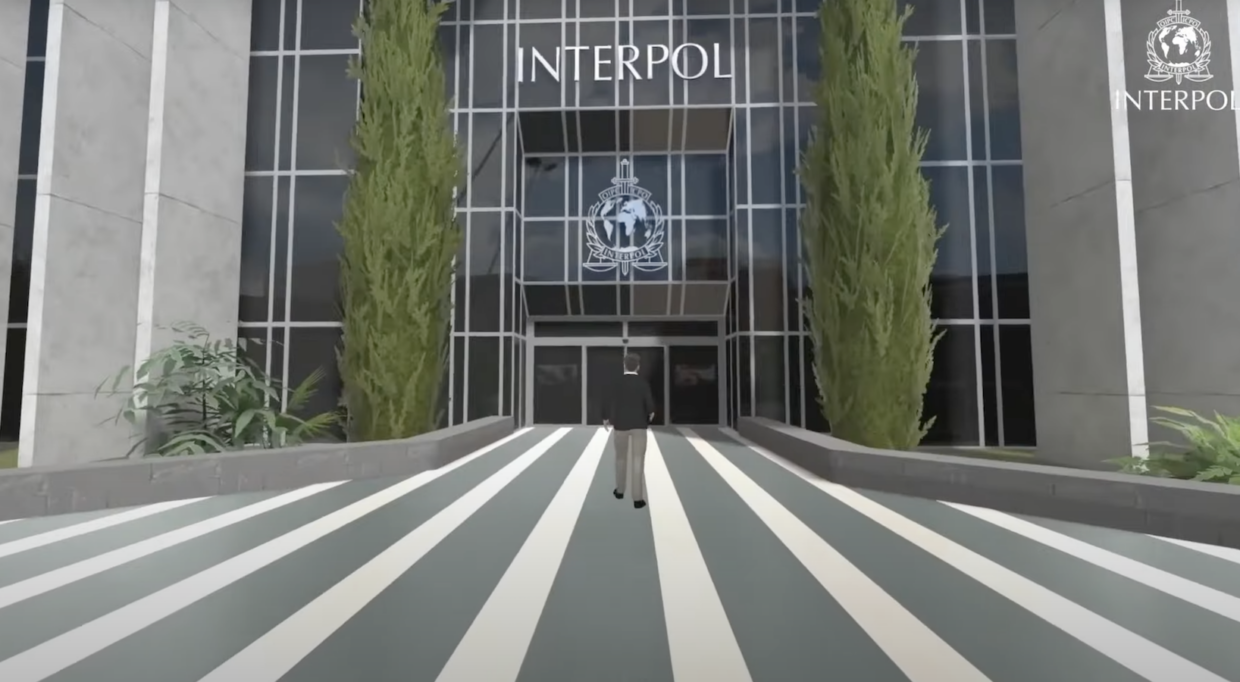As the metaverse becomes an increasingly important part of daily life in more areas of the globe, its security risks are also gaining attention. Along with the decentralized nature of the metaverse, one side effect of its interconnectedness is that it is increasingly easy for criminals to carry out their nefarious plans.
These activities can range from simple scamming and hacking to sexual exploitation, and efforts to track wrongdoers down could be complicated by anonymity and murky jurisdiction.
Such concerns are not far-fetched. In September 2022, South Korea sentenced a 30-year-old man to four years in prison for sexually harassing minors using an unnamed domestic metaverse platform. The predator used a child-friendly avatar to engage with minors and sent them gifts in exchange for sexually explicit photos.
Earlier this month, Spanish police arrested an 18-year-old male for exploiting minors and distributing child pornography through an unnamed metaverse platform. It is believed that this was Spain’s first arrest for a crime committed in the metaverse.
Of course, sporadic arrests are insufficient to effectively deter crimes in the metaverse. For that to happen, global law enforcement needs to make a coordinated effort. Interpol seems to have taken on the task: per a recent BBC report, the organization is actively investigating how it can police the metaverse.
For a start, Interpol has created its own virtual space where members can receive training and attend meetings. However, top Interpol officials admit that it is still difficult to clearly define what counts as crimes in the metaverse and that the law enforcement community needs to be more familiar with the concept.
The key to making the metaverse secure is to have some sort of law enforcement presence built into it. This way, potential victims can quickly seek help when needed and criminal investigations can also start much earlier.
Yet the central challenge would be balancing governmental oversight with the metaverse’s innate commitment to decentralization. In addition, as there will be more than one metaverse platform worldwide, virtual jurisdiction could also be a problem.
These issues urgently need to be addressed by the global law enforcement community. Although it is unlikely that any united and standardized response will appear soon, frequent dialogues between tech giants and major law enforcement agencies could be a welcomed start.



